A Biblical Vision of Our Country: Frederick Douglas
—
February is known as “Black History Month.” For churches like ours, learning lessons from our history that includes and even extolls the countless contributions of African Americans is important.
My own experience with learning history is common. I learned to see through a particular cultural lens. The heroes of our shared experience in this country were always and exclusively white. I was shocked to learn long after I had completed most of my formal education that large holes remained in my grasp of what I thought I knew.
This true for most of us, especially if we have grown up in largely white, middle class communities. We were taught by well-meaning teachers who reflected the same kind of upbringing. Therefore, Black History month serves as a valuable opportunity to expand our understanding of history. Doing so allows us to become more sensitive, more open, and better acquainted with the multi-leveled nature of our land’s unique history. The following is simply one brief example from a multitude of African-American heroes who have positively and profoundly affected the story of our American people.
A Biblical Vision of Our Country: Frederick Douglas
Between 1869 and 1870, Frederick Douglass began giving an important speech. His tour of the northern United States offered a vision for what this country could and should become. The radical notions found here sound familiar to our ears. His was a vision of this nation rising as a new hope through a multiethnic, calmly inclusive and warmly civil land that embraced all faiths and all people as equal. His words reflect solid biblical values, and ones that to a large extent, had been articulated earlier by America’s first Baptist, Roger Williams.
Douglas makes the case for the country’s present conditions.
Our geographical position, our relation to the outside world, our fundamental principles of Government, embracing in their scope and character, our vast resources, requiring all manner of labor to develop them, and our already existing composite population, all conspire to one grand end, and that is to make us the make perfect national illustration of the unit and dignity of the human family, that the world has ever seen.
Then he extols a logical principle. Cultural diversity generates a natural advantage over other nations.
In whatever else other nations may have been great and grand, our greatness and grandeur will be found in the faithful application of the principle of perfect civil equality to the people of all races and of all creeds, and to men of no creeds. We are not only bound to this position by our organic structure and by our revolutionary antecedents, but by the genius of our people. Gathered here, from all quarters of the globe by a common aspiration for rational liberty as against caste, divine right Governments and privileged classes, it would be unwise to be found fighting against ourselves and among ourselves; it would be madness to set up any one race above another, or one religion above another, or proscribe any on account of race color or creed.
For his vision, which sounds much like Paul’s in Galatians: “… there is no male or female, Jew or Greek, slave or free, for all are one in Christ Jesus.”
While Paul cast the vision for a multi-ethnic church, Douglas continues the logic and imagined a multiethnic, nation of full equality and multi-faith
Prayer for today:
Lord, give me passion for what I do today. May be so inspired by your calling in my life that I overlook the distractions and see beyond to the larger good. Give me wisdom so that I might see Jesus in others; and give me gentleness so that others might see Jesus in me. Amen.
Love,
David
David Jordan
Senior Pastor

